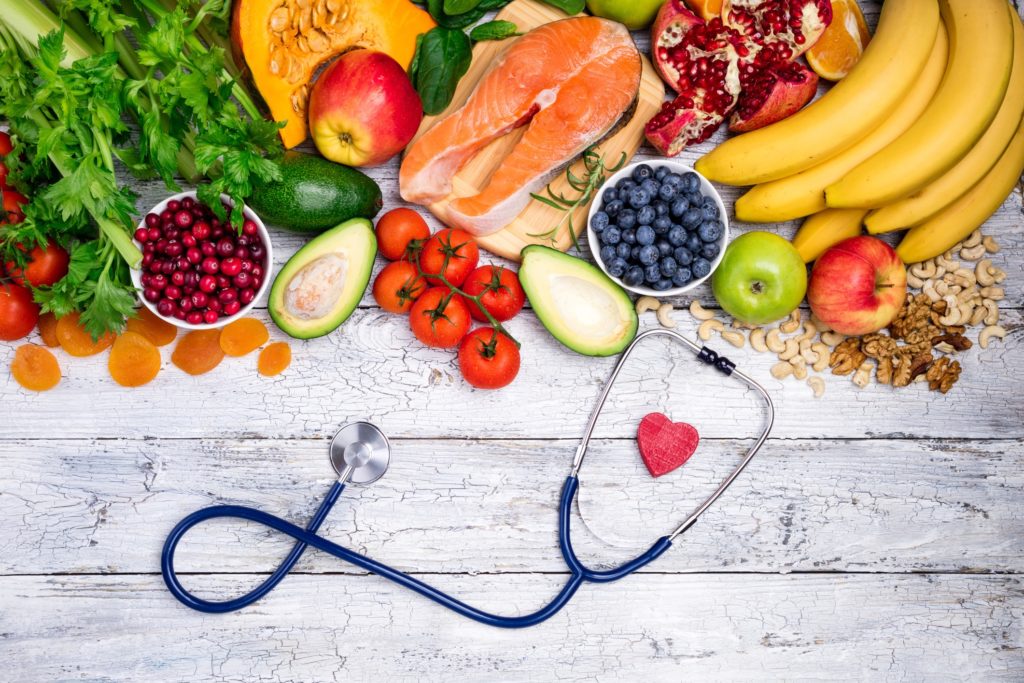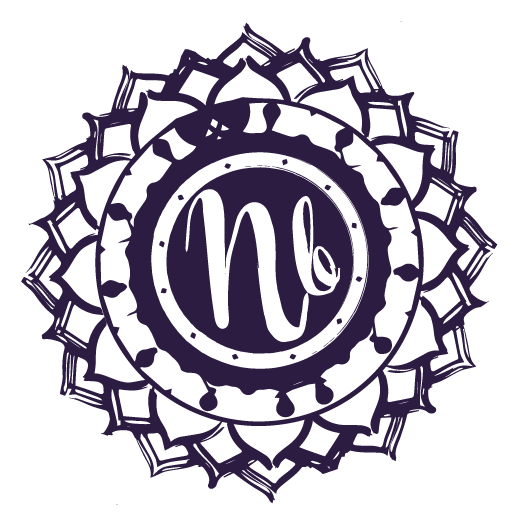29 Jan Integrating Holistic + Traditional Medicine

I grew up in a medical family. The traditional or allopathic approach to medicine and health was all I knew growing up. At 6 years old, my Dad finished medical school and began his career as a Diagnostic Radiologist. I majored in Exercise Science in college and explored both medical school and physical therapy for my post-grad education. I ultimately chose a different path for myself. Today, both my Dad and my sister, who is now a Nurse Practitioner, are still practicing.
A quick story…
And for both of my pregnancies, I again went the traditional route. I found an incredibly skilled and highly rated female OBGYN to help bring my babies into this world. Personally, it wasn’t the most supportive experience. But at the time, the safety of the delivery itself was my #1 concern. And at that point in my life, it was all I knew. Therefore, felt it was the best option for me and my babies.
One glaringly obvious part of my frequent doctor visits during that time was the feeling she wasn’t really listening to me. I felt like just another pregnant woman. Labs, ultrasounds, and hard facts ruled. When my questions didn’t fall neatly into a box, I felt dismissed. During my first pregnancy at about 5 months along, I found it hard to even walk around the block. I would get a sharp pain in my side and short of breath. When I talked to my doctor, she told me I was out of shape. I knew that wasn’t the case, and persisted. I wanted to make sure the baby was safe. She then proceeded to talk to me like I didn’t understand, until I let it go.
Lost in the shuffle
I bring up this story, because it’s an experience I hear a lot from my clients. There may be a different reason why they were in the doctor’s office – thyroid concerns, low energy, incredibly painful monthly cramps, frustrations with menopausal symptoms, or an interest in exploring other options to support a diagnosis – but the experience is similar.
- Labs & tests rule. If there’s something “wrong” with you, the labs will show it.
- If you don’t fit into a diagnosis box, it can feel defeating & like it’s all in your head.
- You can feel more like a number than an actual person.
Appreciate the strengths
Do I think this is because traditional doctors don’t care? Of course not. Doctors are highly skilled. Unfortunately, they have little time one-on-one with patients due to reimbursement and rely upon their primary training to support their patients: medications, diagnostics, and procedures/surgery. For a broken leg, hernia, infectious disease, or after a car accident; there’s no better treatment or expertise.
But when it comes to more holistic choices or creating an individualized plan, it falls short. I once had a doctor ask me if in the field of holistic health we have anything to offer someone with chronic fatigue syndrome. Because he felt, within the traditional model, that they have little to no resources for this type of patient. Chronic fatigue patients are predominantly women who are struggling, miserable, and desperate for solutions. And a lack of answers the traditional model provides is frustrating for both the practitioner and the patient.
Holistic approach
On the holistic side, we focus on lifestyle, prevention, and restoring optimal health. Looking at the whole body like a garden, similar to Traditional Chinese Medicine, and adding specific strategies to bring the entire body back into balance. For example, let’s say you’re having trouble sleeping through the night. Rather than addressing the symptom directly (like with a sleep aid Rx), there are naturally supportive methods that can be used. Such as balancing blood sugar, regulating the circadian rhythm using sleep hygiene practices, modifying caffeine and/or adding calming teas, or regulating the stress response (cortisol), just to name a few. There are a so many tools to use because the root cause(s) of symptoms, like sleeplessness, aren’t the same person to person. You know the saying, “When all you have is a hammer, everything looks like a nail.” Holistic health is the opposite. When you have a huge tool bench, you can use the tool that works best.
So, we should all go the holistic route and forget traditional medicine? Heck no. That would be dangerous & irresponsible to even suggest. The goal is to expand the lens with which we view our health and be open to understanding all the supportive practices that will help to get us where we want to go. It’s about adding the best of the two approaches together.
Women’s Health
In women’s health specifically, integrating a balanced approach is critical. This is because, by far, women experience symptoms related to diet, lifestyle, toxins, and stress in significantly higher numbers than men. Women are more likely to experience autoimmune conditions, fibromyalgia, chronic fatigue, thyroid disorders, and adrenal fatigue plus PCOS, endometriosis, and struggle through perimenopause and menopause. In all of these instances, medications won’t heal the underlying issues. Plus, there’s so much that can be accomplished using diet, lifestyle, supplements, mindset, and stress reduction to improve symptoms & heal the body. And that’s true, even if your doctor tells you that diet has nothing to do with it.
Integration is the future
I’ve had clients with alopecia, rheumatoid arthritis, migraines, and one that struggled with pneumonia & needed antibiotics every winter. They were each told that diet has nothing to do with their diagnosis or symptoms. Some doctors even went as far as to scare their patients away from holistic lifestyle practices, suggesting there is no data or science to back it up. It’s surprising that’s still happening, because there is no shortage of data. This simply highlights that we still have a way to go before we’ll have a more integrated model.
Nevertheless, there still needs to be a balance including both traditional and holistic practices. We need to continue advocating for the services we need. Sharing our stories and experiences with our providers, friends, and family. It should never be and either/or discussion when it comes to your health. It’s important that we bring the best of both together to support your body & feeling your best. Because that’s what matters.



